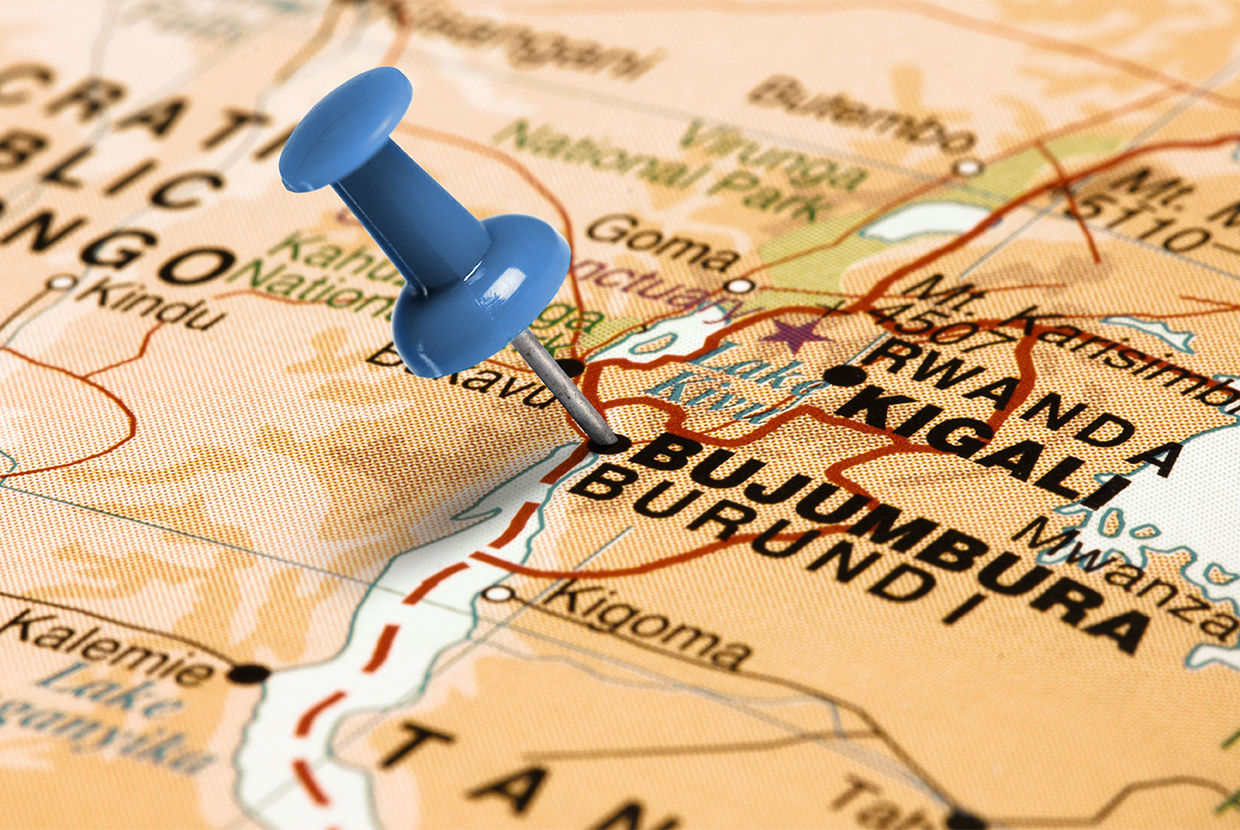Trade relations between the East African countries of Burundi and Rwanda have worsened following a ban of food exports to Rwanda that Burundian exporters fear will affect their ability to repay their loans.
The government of Burundi banned food exports destined to Rwanda at the end of July, later restricting transportation links between the two countries to help enforce the ban. Since then, prices have fallen so much that exporters are reportedly concerned about their livelihood.
The government justified the ban saying they aim to save food for national consumption in case of famine, but the local press has reported that the move is aimed at hurting Rwanda, with second vice-president Joseph Butore reportedly stating: “We can’t give the fruit of our labour to Rwanda because they want to fight us.”
On his part, Rwanda’s minister for trade and industry Francois Kanimba stated at a press conference that the decision would not in any way affect Rwanda’s economy, but that it impacted badly on the East African Community (EAC), of which both Burundi and Rwanda are members. “This is a very serious breach of EAC free trade regime,” he said.
The speaker of the East African Legislative Assembly (EALA), Daniel Kidega agreed with the Rwandan minister. “What Burundi is doing is a serious breach of EAC trade agreement and EALA is going to investigate the matter and find an immediate solution. The region is not happy at all. This hinders the regional integration process,” he said to local press.
Relations between the two countries have been deteriorating ever since Burundi accused Rwanda of supporting perpetrators of the failed May 2015 coup plot against Burundian President Pierre Nkurunziza.
The ongoing political crisis is unlikely to find a swift resolution, as the regional institutions are struggling to assert their authority. “The EAC initially took on an active role to resolve the Burundian crisis, with several summits held in Tanzania. However, the EAC is at a stalemate over the crisis due to conflicting ambitions in the region by member states. The African Union (AU) now mediates in the Burundian crisis, yet its legitimacy has been undermined by Burundi’s rejection of deployments of AU peacekeepers,” says Robert Besseling, executive director of Exx Africa.
According to him, there is a strong possibility of military intervention from neighbouring countries. “Unilateral military action by Rwanda or Tanzania in Burundi is more likely at this stage than a multilateral mediation or peacekeeping approach through the AU or EAC,” he tells GTR.







